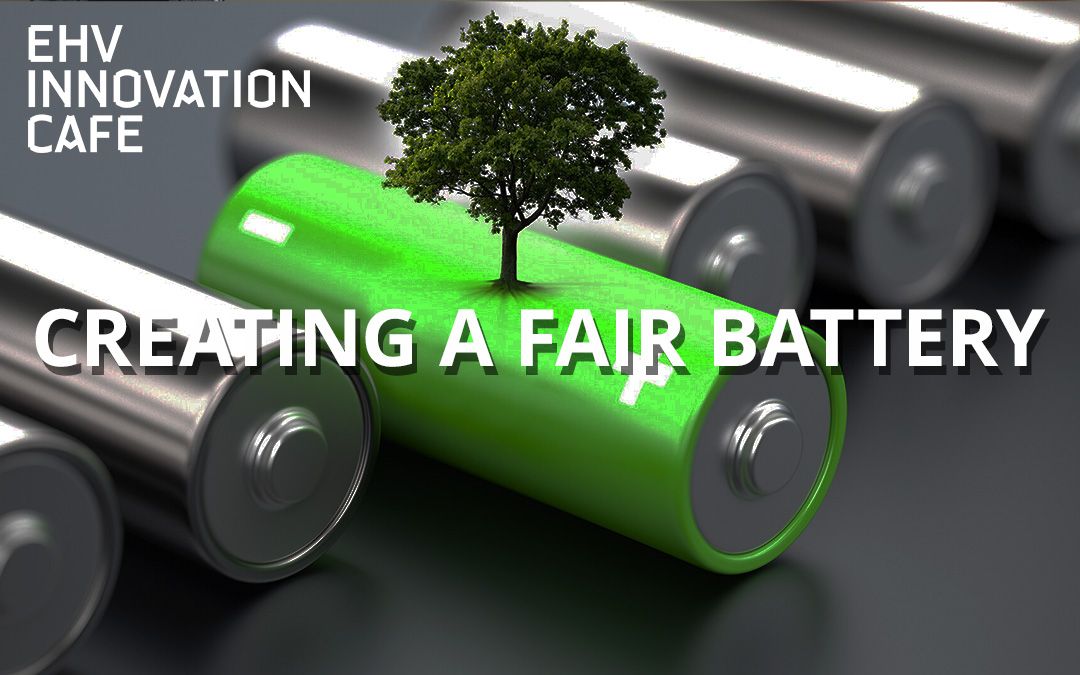The most common renewable energy sources, solar and wind electricity, are intermittent. The storage of energy in batteries, is therefore an essential link in localizing and democratizing access to electricity. To reach the deployment level necessary for the Paris agreement, energy storage facilities in all scales, from domestic to industrial, are needed.
FAIR stands for Findable + Accessible + Interoperable + Reproducible. Together with the other seven scientist working on the FAIR Battery Challenge, Sanli Faez envisions a world in which access to renewable energy is democratic, governed locally, and is built upon mutual exchange of knowledge and technology without exploitative transfer of natural resources. They plan to enhance the diffusion of knowledge on energy storage by structuring a design lab that prioritizes local needs and access to developing battery systems and uses open science to educate and enable a network of experts and end-users in choosing the best route for their locally sourced energy grids.
Missed this edition? Don’t worry, we’ve got your back. Rewatch the edition here:


Recent Comments